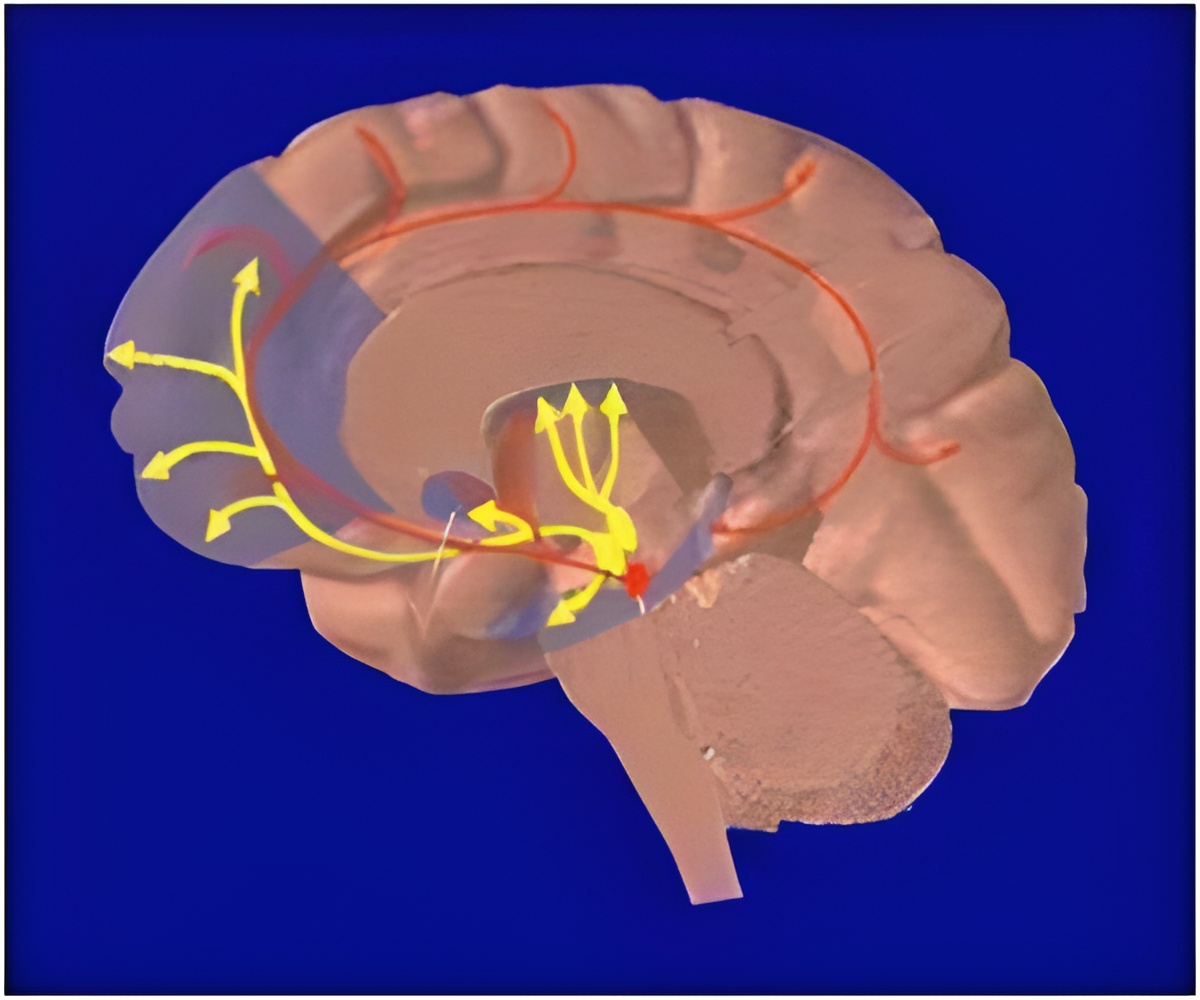Those who believe that the brain and the mind are two separate entities, think and behave in a different manner , say researchers.

Furthermore, they found that the relationship also worked in the other direction. People who were primed with unhealthy behaviours - such as pictures of unhealthy food - reported a stronger dualistic belief than participants who were primed with healthy behaviours.
Overall, the findings from the five studies provide converging evidence demonstrating that mind-body dualism has a noticeable impact on people's health-related attitudes and behaviours.
Specifically, these findings suggested that dualistic beliefs decrease the likelihood of engaging in healthy behaviour.
These findings support the researchers' original hypothesis that the more people perceive their minds and bodies to be distinct entities, the less likely they will be to engage in behaviours that protect their bodies.
Bodies are ultimately viewed as a disposable vessel that helps the mind interact with the physical world.
Advertisement
The fact that the simple priming procedures used in the studies had an immediate impact on health-related attitudes and behaviour suggests that these procedures may eventually have profound implications for real-life problems. Interventions that reduce dualistic beliefs through priming could be one way to help promote healthier - or less self-damaging - behaviours in at-risk populations.
Advertisement
Source-ANI








